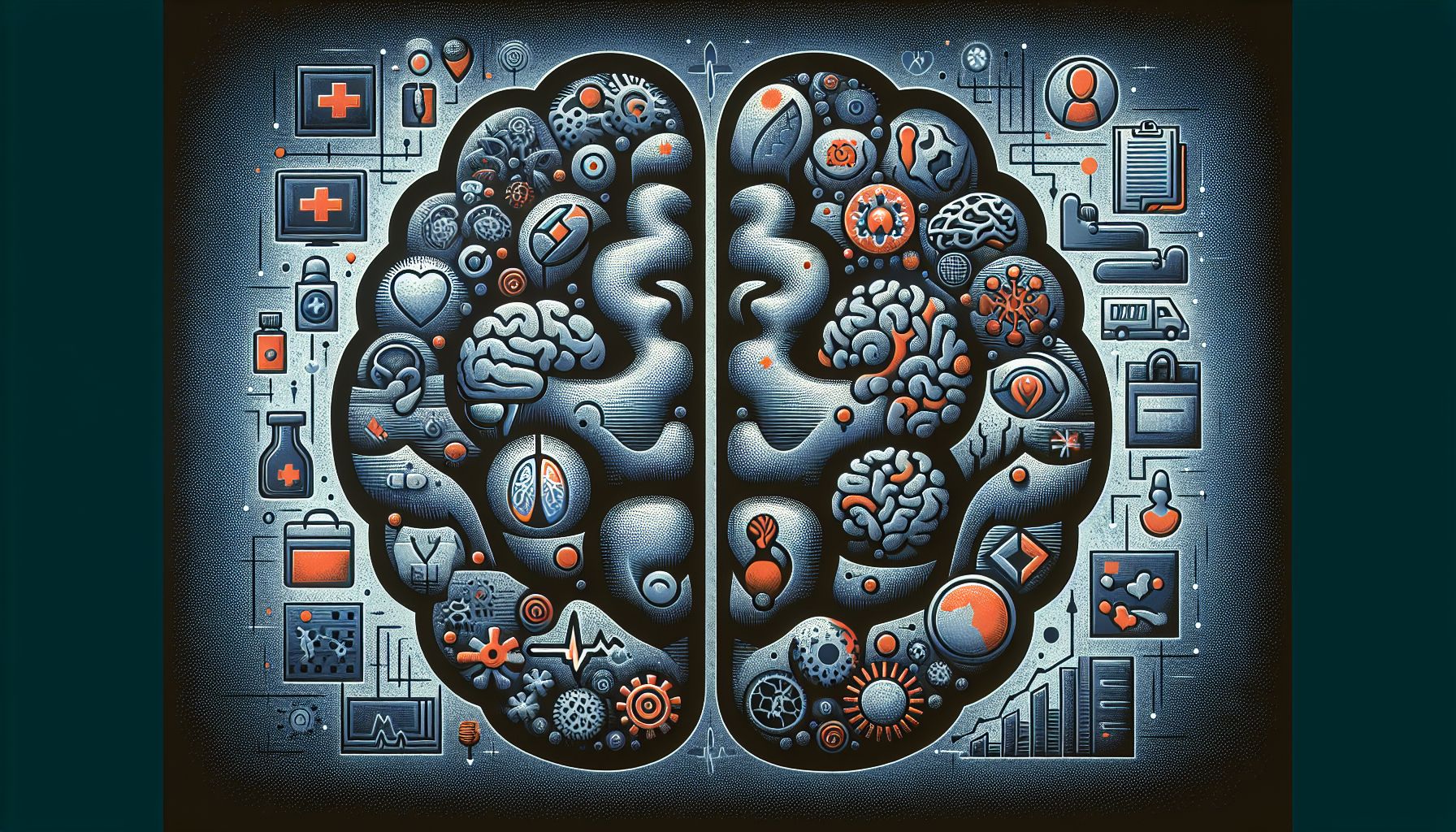12 Dec Mental Health: Understanding, Importance, and Management

Mental Health: An Essential Aspect of Well-being
Understanding mental health is crucial in our fast-paced, ever-changing world. Mental health encompasses emotional, psychological, and social well-being. It affects how we think, feel, and act, influencing our ability to handle stress, relate to others, and make choices.
What is Mental Health?
Mental health is the foundation for emotions, thinking, communication, learning, resilience, and self-esteem. It is also key to relationships, personal and emotional well-being, and contributing to society. Mental health involves balancing life activities, responsibilities, and efforts to achieve psychological resilience.
The Importance of Mental Health
Good mental health is essential for overall well-being. It helps individuals realize their full potential, cope with life stresses, work productively, and contribute to their community. Mental health problems can disrupt daily life, causing emotional and financial strain.
Common Mental Health Disorders
Understanding common mental health disorders helps in identifying early signs and seeking appropriate help. Here are some prevalent conditions:
– Anxiety Disorders: These involve excessive fear or anxiety and include disorders such as generalized anxiety disorder, panic disorder, and phobias.
– Mood Disorders: Disorders that affect emotional state, such as depression and bipolar disorder.
– Schizophrenia and Psychotic Disorders: Conditions that affect a person’s ability to think clearly, manage emotions, make decisions, and relate to others.
– Dementia: A decline in memory or other thinking skills severe enough to reduce a person’s ability to perform everyday activities.
Mechanism of Action
Mental health issues often arise from a complex interplay of genetic, biological, environmental, and psychological factors. Neurotransmitters in the brain, such as serotonin and dopamine, play a critical role in mood regulation. Imbalances in these chemicals can lead to mental health disorders.
Indications for Use
Various interventions and treatments are available for mental health disorders, including:
– Medications: Antidepressants, anti-anxiety medications, mood stabilizers, and antipsychotics help regulate brain chemicals.
– Psychotherapy: Cognitive-behavioral therapy (CBT), dialectical behavior therapy (DBT), and other forms of talk therapy provide tools to manage symptoms.
– Lifestyle Modifications: Regular exercise, a balanced diet, adequate sleep, and stress management techniques can significantly impact mental well-being.
Possible Side Effects
While treatments for mental health disorders can be effective, they might have side effects:
– Medications: Side effects can include nausea, weight gain, fatigue, insomnia, and sexual dysfunction.
– Psychotherapy: Emotional discomfort, increased distress during the initial stages as difficult emotions are addressed.
Professional Insights
Dr. Jessica Lee, a psychiatrist, emphasizes the importance of seeking professional help. “Just as we care for our physical health, tending to our mental health is vital. Early intervention can prevent complications and improve quality of life.”
Pharmacist John Miller notes, “Understanding medication, how it works, and its potential side effects empowers patients to actively participate in their health care journey.”
Recommendations for Use and Dosage
Always consult a healthcare provider for personalized recommendations. Typical starting doses for common medications include:
– SSRIs: Start with 10-20 mg daily, adjust based on response and tolerance.
– Benzodiazepines: Prescribed for short-term relief; use cautiously to prevent dependency.
Tips for Maintaining Mental Health
– Stay Active: Engage in regular physical activities.
– Eat Well: Maintain a balanced diet rich in omega-3 fatty acids, vitamins, and minerals.
– Connect: Build strong, healthy relationships.
– Seek Help: Don’t hesitate to reach out to mental health professionals.
Resources for Support
Accessing resources and support systems can greatly benefit mental health. Consider visiting our site for comprehensive information and support options: Mental Health Resources.
Conclusion
Understanding and prioritizing mental health is essential for a fulfilling life. With proper care, individuals can manage symptoms, leading to improved quality of life. Remember, seeking help is a sign of strength, not weakness.


Sorry, the comment form is closed at this time.